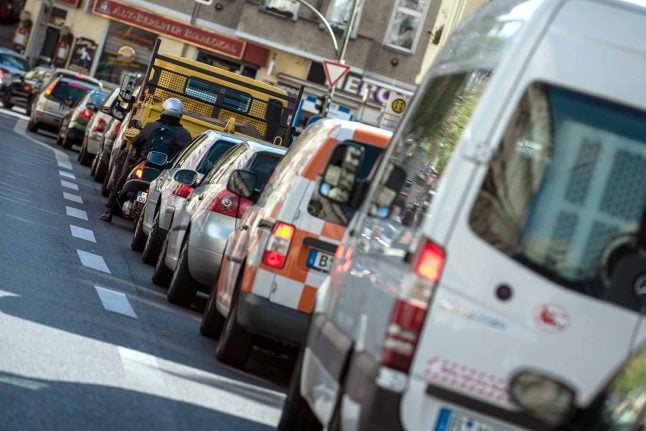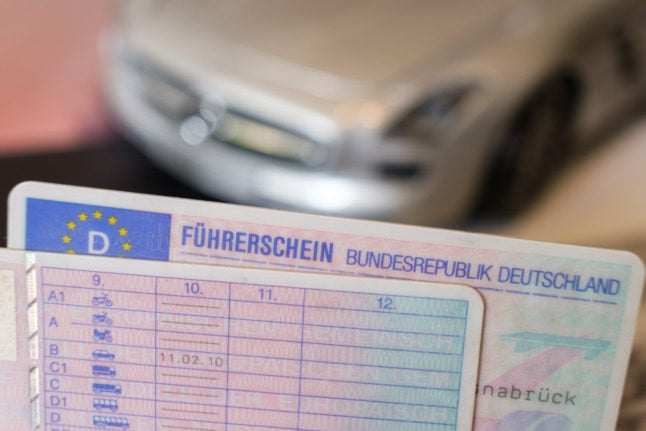The government was forced to react at the beginning of October, when a number of German courts issued driving bans for older diesel vehicles in Berlin, Hamburg, Frankfurt an Main and Stuttgart.
The package of measures from the government includes a discounting scheme from auto manufacturers for drivers who trade in their cars for new vehicles, along with a retrofitting plan to bring down harmful emissions in older diesel vehicles.
Pollution levels have exceeded their mandated limits in cities across Germany, with diesel cars the main culprit.
The courts told city authorities to “order a driving ban for the streets where the threshold is not met”.
A small minority of respondents were happy with the Chancellor’s efforts, with three per cent saying they were convinced Merkel was taking decisive action and a further nine per cent “somewhat convinced”.
In contrast, 26 per cent felt Merkel was doing little to assist diesel drivers and 39 per cent said they were feeling that she was doing “nothing at all”.
The survey, conducted in mid-October across Germany by YouGov, showed support for a retrofitting program which allowed diesel drivers to keep their cars but to modify them in order to reduce emissions. In total, 66 per cent of respondents considered such a move to be a sensible step.
The buyback plan attracted less support, with 50 per cent saying it made little sense while only 37 per cent supported the move.
Despite their criticism of the government’s efforts, respondents’ greatest concern remained the poor air quality in German cities.
Just under half (48 per cent) of respondents felt the air quality in German cities was the most serous concern, while 37 per cent were most concerned about the driving bans.
The government's response to the bans is likely to be a major issue in upcoming elections, including this weekend's vote in the central-German state of Hesse.



 Please whitelist us to continue reading.
Please whitelist us to continue reading.
Member comments